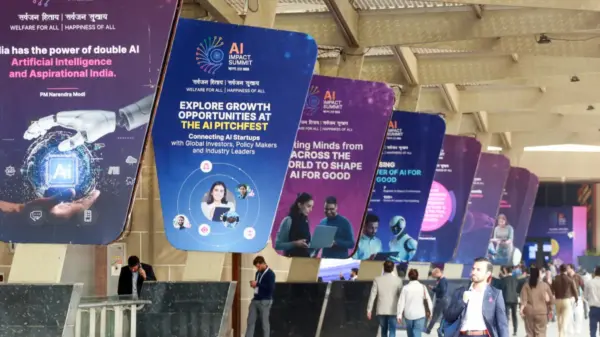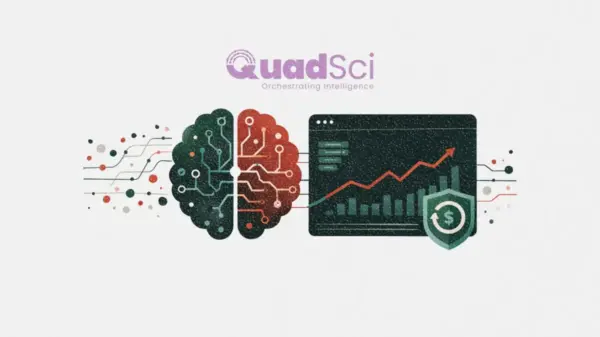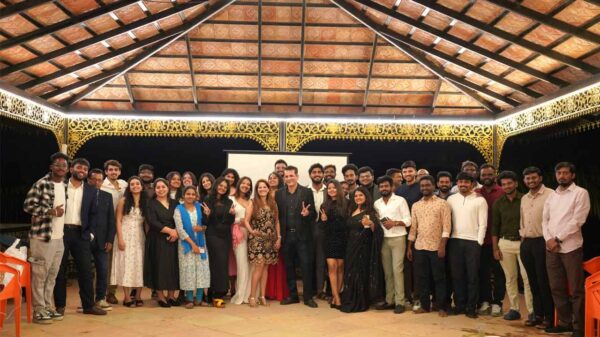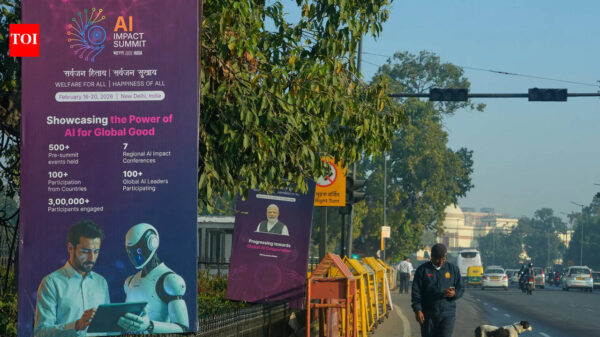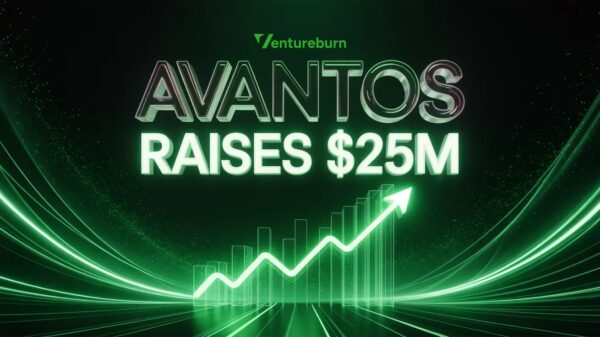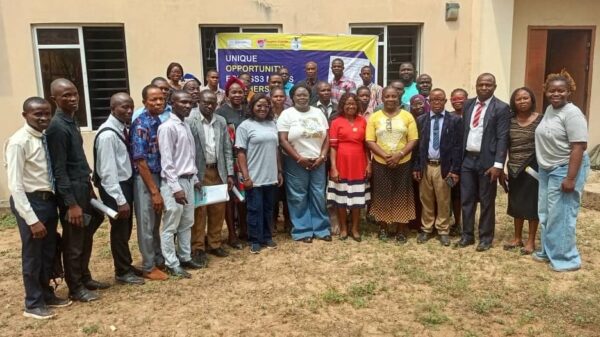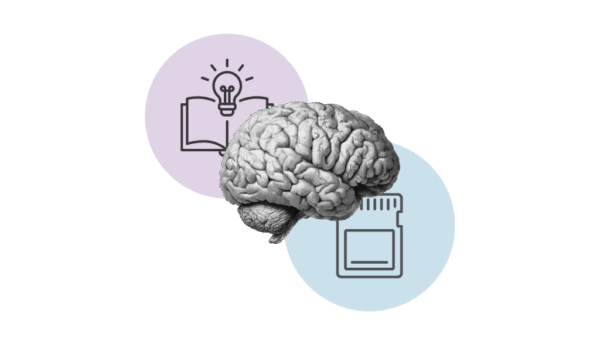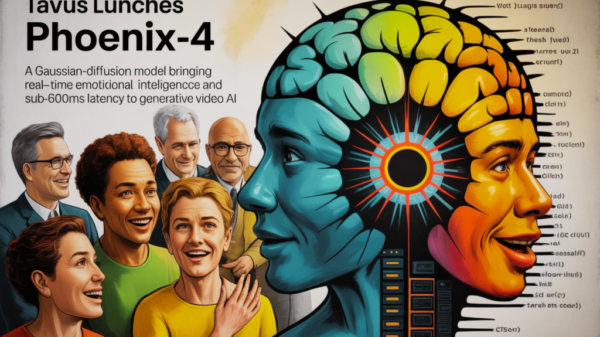At a recent Axios event on November 18, 2023, Clem Delangue, co-founder and CEO of Hugging Face, weighed in on the current state of the artificial intelligence landscape. He posited that the industry is not experiencing a broad “AI bubble” but rather an “LLM bubble”—a phenomenon that may soon deflate.
Delangue referred to the ongoing debate about tech bubbles as a “trillion-dollar question.” Despite the potential for this LLM bubble to burst, he remains optimistic about the future of AI as a whole, asserting that its broader applications will continue to flourish regardless of the fortunes of large language models (LLMs) like ChatGPT, Gemini, and other chatbots.
“I think we’re in an LLM bubble, and it might burst next year,” Delangue commented. “But LLM is just a subset of AI—when AI is applied to biology, chemistry, images, audio, and video, it’s just getting started. We’ll see more innovation in the next few years.”
Rethinking the Role of LLMs
Delangue cautioned that positioning LLMs as universal solutions is misguided. He anticipates that smaller, more specialized models will gain traction as they are often more effective and efficient. “All the attention, focus, and money right now is concentrated on the idea that one big model can solve all problems. In reality, in the next few months or years, many more specialized models will emerge to address different needs,” he explained.
As a case in point, he cited the role of bank chatbots, which do not require deep philosophical insights but rather a streamlined model that is cost-effective and easy for companies to manage. “You just need a smaller model that’s cheaper, faster, and can be run by the company itself. That’s the future of AI,” Delangue emphasized.
Hugging Face’s Strategic Positioning
While acknowledging that the potential bursting of the LLM bubble could impact Hugging Face, Delangue highlighted that the AI industry is already diverse enough to withstand such changes. He believes that if certain sectors like LLMs are overvalued and face a downturn, the repercussions on the broader AI landscape will be minimal.
Hugging Face has also demonstrated financial resilience, retaining half of the $400 million (Rp6.6 trillion) investment it raised, which Delangue proudly described as “profitability by AI standards.” He contrasted this with other AI companies that are investing billions without the same level of sustainability.
Delangue has noticed a reactive trend among many companies in the AI sector, where short-term strategies are prioritized over long-term sustainability. “Many people now seem to be rushing—even panicking—and taking a very short-term approach,” he said, reflecting on his 15 years of experience in the field. “Hugging Face is striving to build a sustainable company with long-term impact, not simply riding the LLM hype.”
As the AI community continues to evolve, Delangue’s insights underscore the importance of focusing on diversified AI applications and the need to develop specialized models that meet specific industry requirements. The innovations in AI are just beginning, and while the hype around LLMs may fluctuate, the broader technology will likely remain a vital component of future advancements.
See also Google DeepMind Launches First AI Research Lab in Southeast Asia, Strengthening Regional Innovation
Google DeepMind Launches First AI Research Lab in Southeast Asia, Strengthening Regional Innovation Bharath Lakshman Recognized by Marquis Who’s Who for AI Innovations at AWS
Bharath Lakshman Recognized by Marquis Who’s Who for AI Innovations at AWS Cohere CEO Aidan Gomez Predicts AI Will Disrupt 50% of White-Collar Finance Jobs
Cohere CEO Aidan Gomez Predicts AI Will Disrupt 50% of White-Collar Finance Jobs Virkkunen and Jørgensen Host AI and Energy Event to Shape EU’s Digital Strategy
Virkkunen and Jørgensen Host AI and Energy Event to Shape EU’s Digital Strategy Sundar Pichai Defends AI Investment Boom as “Rational,” but Admits Energy and Job Disruptions Ahead
Sundar Pichai Defends AI Investment Boom as “Rational,” but Admits Energy and Job Disruptions Ahead















